…is the Very Merry Live-Stream taking place tonight! Connect, be merry, and be safe!
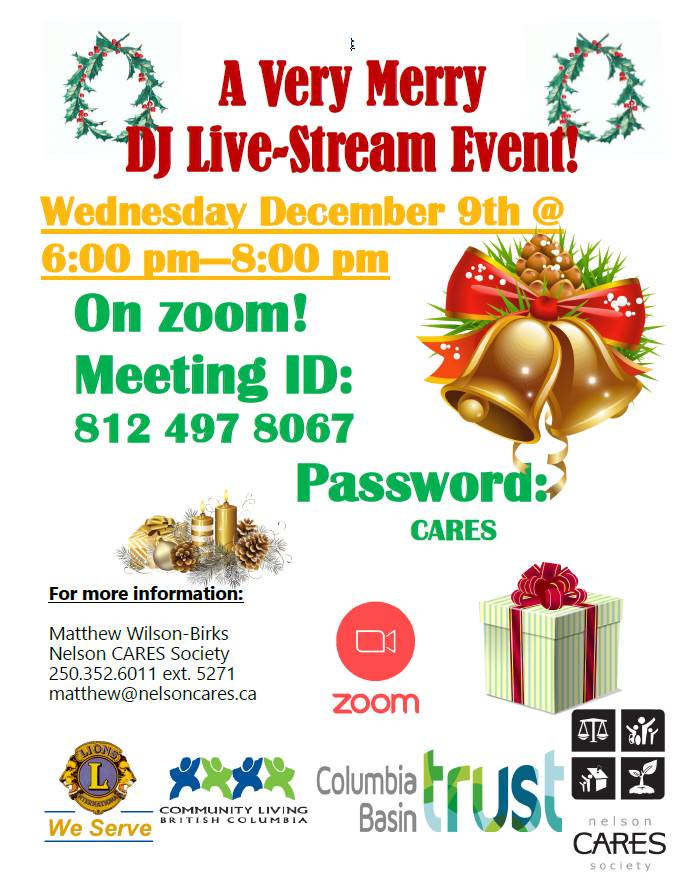
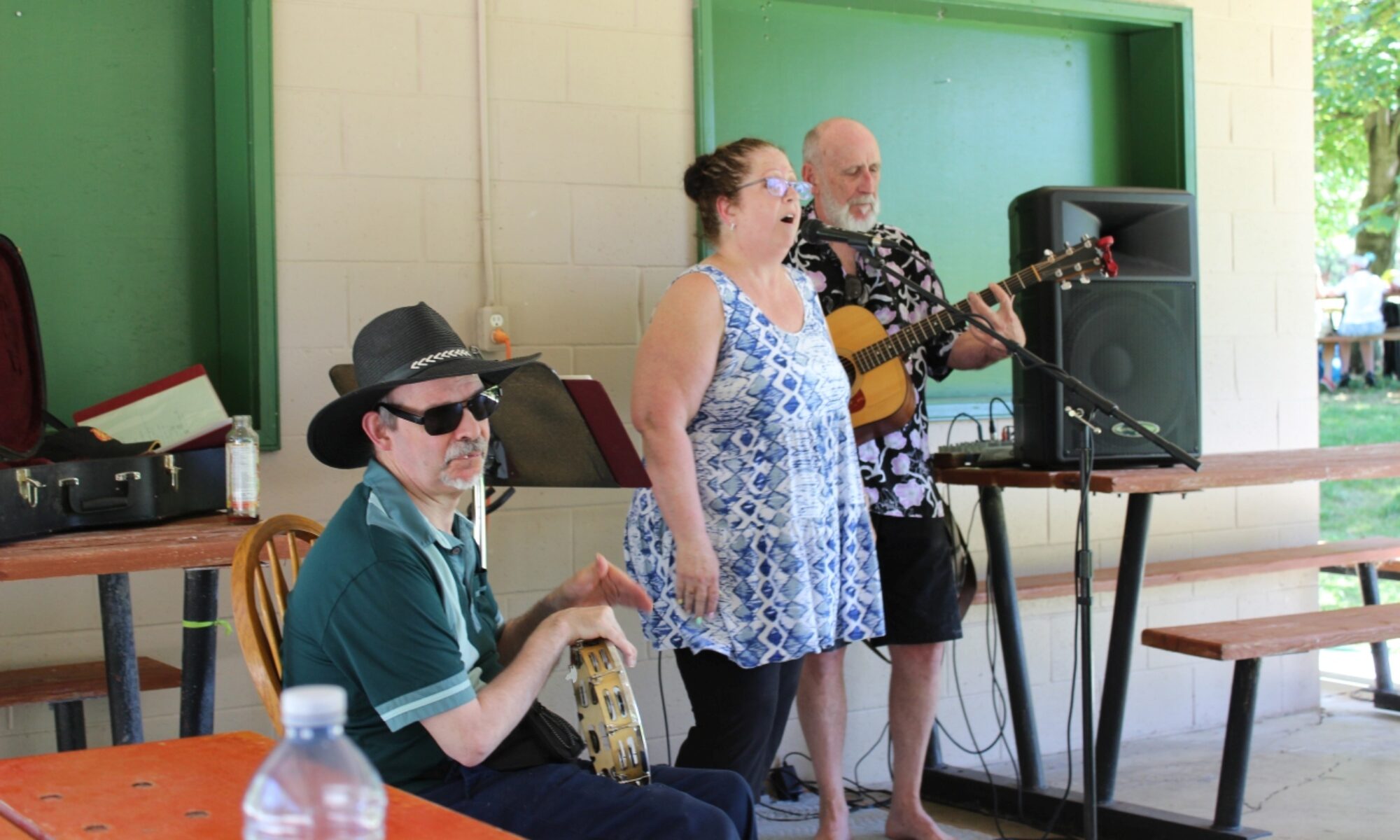
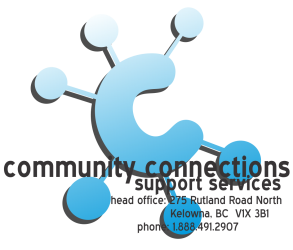
Community Connections Support Services' Home on the Web
…is the Very Merry Live-Stream taking place tonight! Connect, be merry, and be safe!

Hey everyone, there is a Shop-by-Phone program available in Kelowna in partnership with Save-on-Foods (Mission) offering weekly service to Community Care clients who need help with grocery shopping and delivery.
Check out their brochure (below) and contact Neda (Volunteer Services Coordinator – Central Okanagan) if you have questions or are interested in obtaining a referral: 250.980.1558.
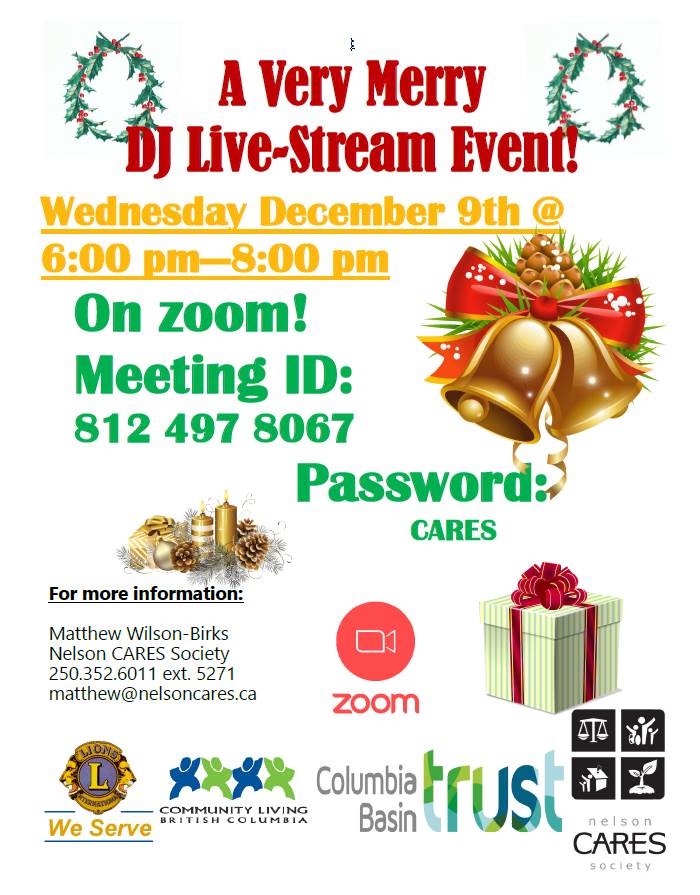

Hey everyone
Interesting article from Business Insider that talks about the efficiency of some mask types/ materials to keep you and others safe.
The link to the article is here. Stay safe everyone!

Great article from the New York Times on staying safe during COVID-19. Check it out here and have an awesome, socially distant weekend!

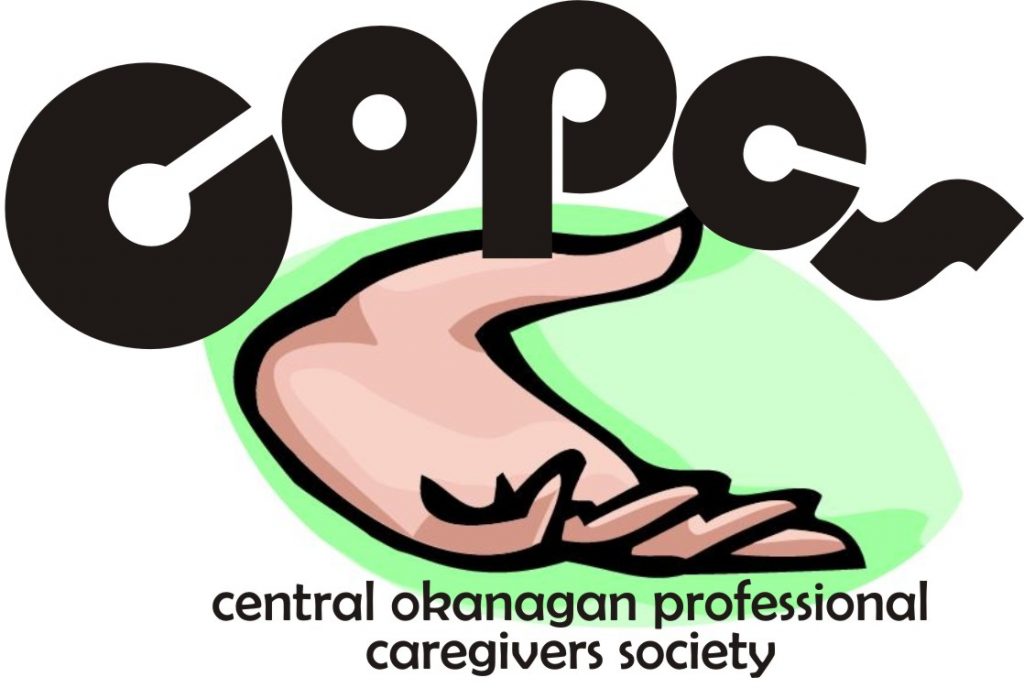
From Karen Milner, on behalf of the Home Share Team at Community Connections:
We would like to say a huge thank you and sad farewell to the Central Okanagan Professional Caregivers Society (COPCS). It must have been a difficult decision to dissolve the society in July 2020 but understandable given the size of the organization and the scope of the work on a handful of dedicated volunteers.
Since 2008 this group has worked tirelessly to support caregivers in positive, practical and meaningful ways.
Some of their many accomplishments have been:
Good luck and thank you to Margaret Milsom and Jack Sawatzky who were instrumental in organizing COPCS, breathing life into it and volunteering hundreds of hours! Thanks also to the incredible volunteer boards over the years and to Colleen Anderson, the COPCS representative in the south Okanagan.
Your efforts, ethics, spirit and work will be sorely missed!
…keeps all you Star Wars fans a “safe” social distance away from Darth Vadar! Thanks for sharing this video, Emily! Let’s all stay health and safe, at least 2m (6 feet) apart!
Hey everyone, the next teleconference call for service providers and Home Share Providers with Dr. Behn Smith will be Dec 8th:
Date: December 8, 2020
Time: 1 – 2:15 p.m.
Call in: Vancouver 604-681-0260, Elsewhere 1-877-353-9184
Participant code: 37568#
